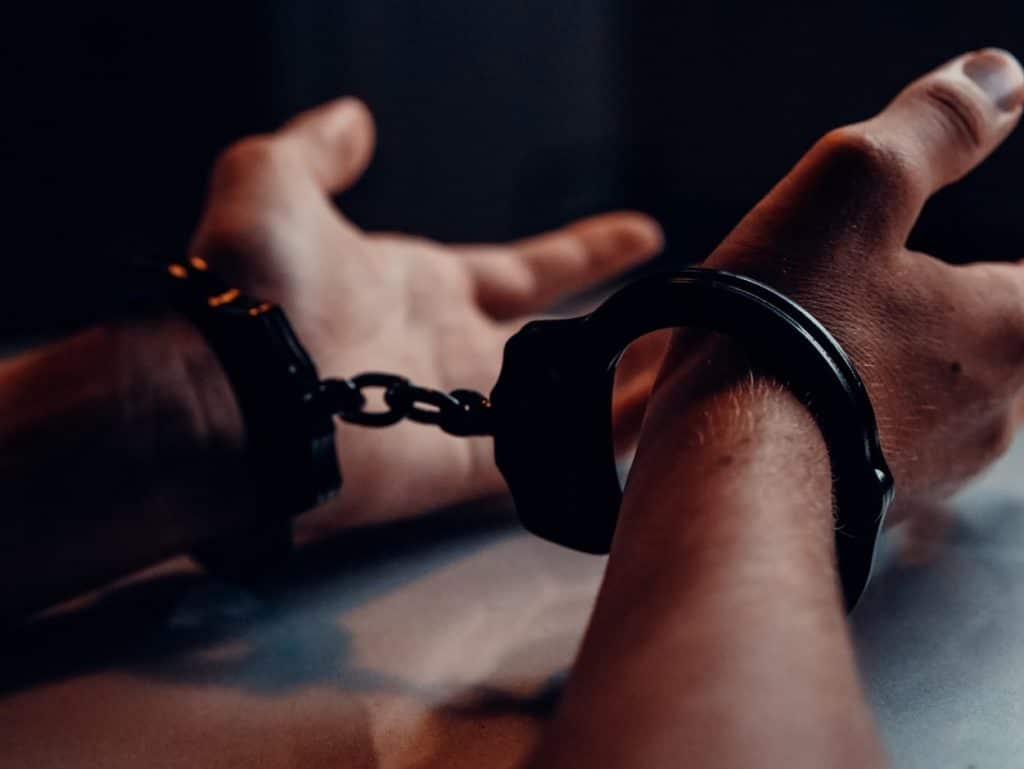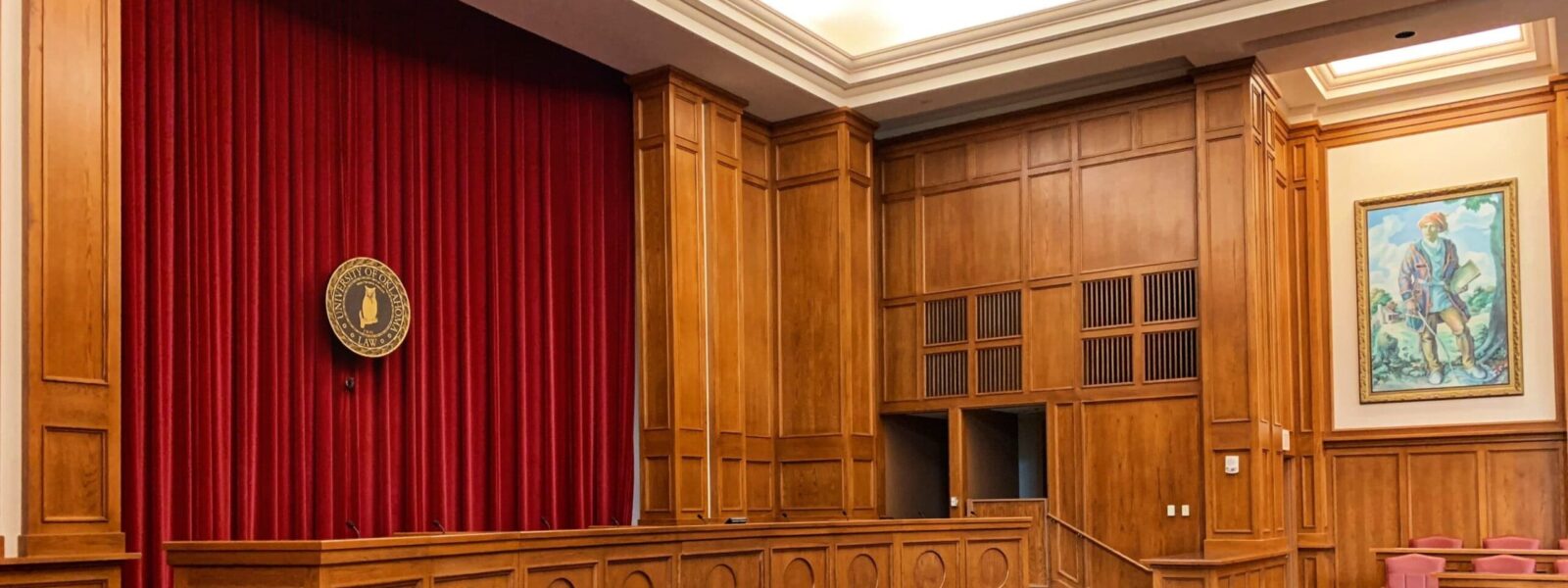The magistrates’ court typically deals with less serious criminal offences that fall outside of crimes such as rape and murder. In 2019, the magistrates’ court received 1.5 million cases.
If you’re facing a criminal charge which is being heard at the magistrates’ court, please visit our criminal defence page or contact one of our solicitors directly on 0203 007 5500.
Magistrates’ court list?
As of 1 September 2020, the public could access the magistrates’ courts daily listings for free through CourtServe.
CourtServe provides an easy method for the public to determine where, when, and how magistrates’ court cases occur.
The daily published lists on CourtServe outline the following information:
- The court
- The defendant’s full name
- Who brought the prosecution (i.e. the police)
- The time listed for the hearing
- The case number
What is the magistrates’ court?
A magistrates’ court usually deals with ‘summary offences’, which are typically less serious criminal offences such as:
- Minor criminal damage cases
- Minor Theft
- Public disorder
- Most motoring offences (speeding offences, driving without insurance, careless driving etc.)
More serious criminal offences, such as rape and murder, will be classed as indictable only offences. This form of criminal offence is only heard at the Crown Court.
What are the different types of criminal offences?

The type of criminal offence you’re facing determines the court your case is heard in. There are three types of criminal offences in the UK, which are:
Summary offences – These types of crimes are usually less severe and are heard only in the magistrates’ court.
Either-way offences – These offences are usually more severe and can be heard in either the magistrates’ court or the Crown Court.
Indictable only offences – These types of criminal offences are the most severe and can only be heard in the Crown Court.
What happens in the court?
At the magistrates’ court, your trial will be heard by a District Judge or a bench of magistrates. Magistrates are ordinary people who volunteer and undergo training. A jury will not deal with your case.
At the first hearing in the magistrates’ court, you will be:
- Asked to say your name, date of birth, address and nationality
- Told what offence you’re facing a charge for
- Asked to say if you’re guilty or not guilty, known as a plea.
What happens if you plead guilty at the magistrates’ court?
In simple terms, a guilty plea means that you accept that you committed the offence you’re facing a charge for. As a result of pleading guilty, you will be convicted for the offence in question.
If you know you want to plead guilty, it’s best to do this as soon as possible to help reduce your sentence. However, you must talk to a solicitor before taking a guilty plea to understand what you’re pleading guilty to and whether any potential defences are available. For example, you may argue the defence of your property if someone throws a brick through your window first.
To contact one of our solicitors about whether you should take a guilty plea, please get in touch with us directly on 0203 007 5500.
How long does a magistrates’ court hearing last?
On average, a court hearing at the magistrates’ court lasts between 5 and 6 hours. However, the amount of time a hearing takes varies depending on factors such as the number of witnesses in the case.










Leave a comment Your email address will not be published.